
Introduction
Battle royale games have seen their fair share of iterations, but Naraka: Bladepoint stands out by fusing wuxia-inspired melee combat with stunning visuals and unique mechanics. As someone who enjoys both fast-paced action and intricate fighting systems, I was drawn to Naraka from the moment I saw its trailers. After spending considerable time in its beautifully crafted world, I can say that it delivers a fresh experience, but it’s not without its flaws. While the game is exciting and innovative, a few shortcomings hold it back from true greatness.
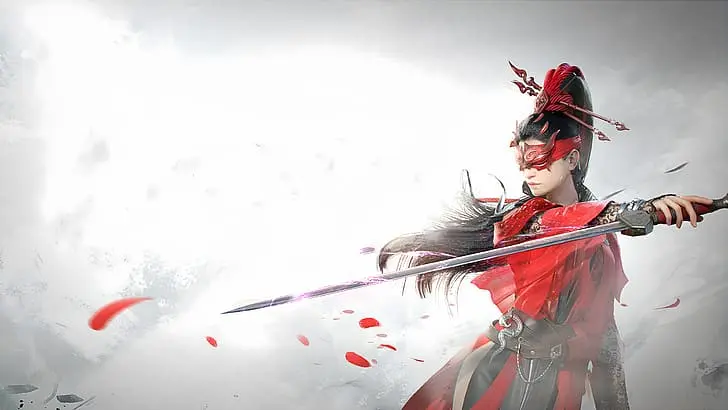
Gameplay
The highlight of Naraka: Bladepoint is undoubtedly its combat system. The game focuses heavily on melee battles, combining fluid weapon combos with grappling hooks and parkour-like movement. The first few matches I played were exhilarating dashing up walls, parrying sword strikes, and landing perfectly timed counters made me feel like a martial arts master. The inclusion of ranged weapons, like bows and muskets, adds variety and ensures players can adapt to different situations.
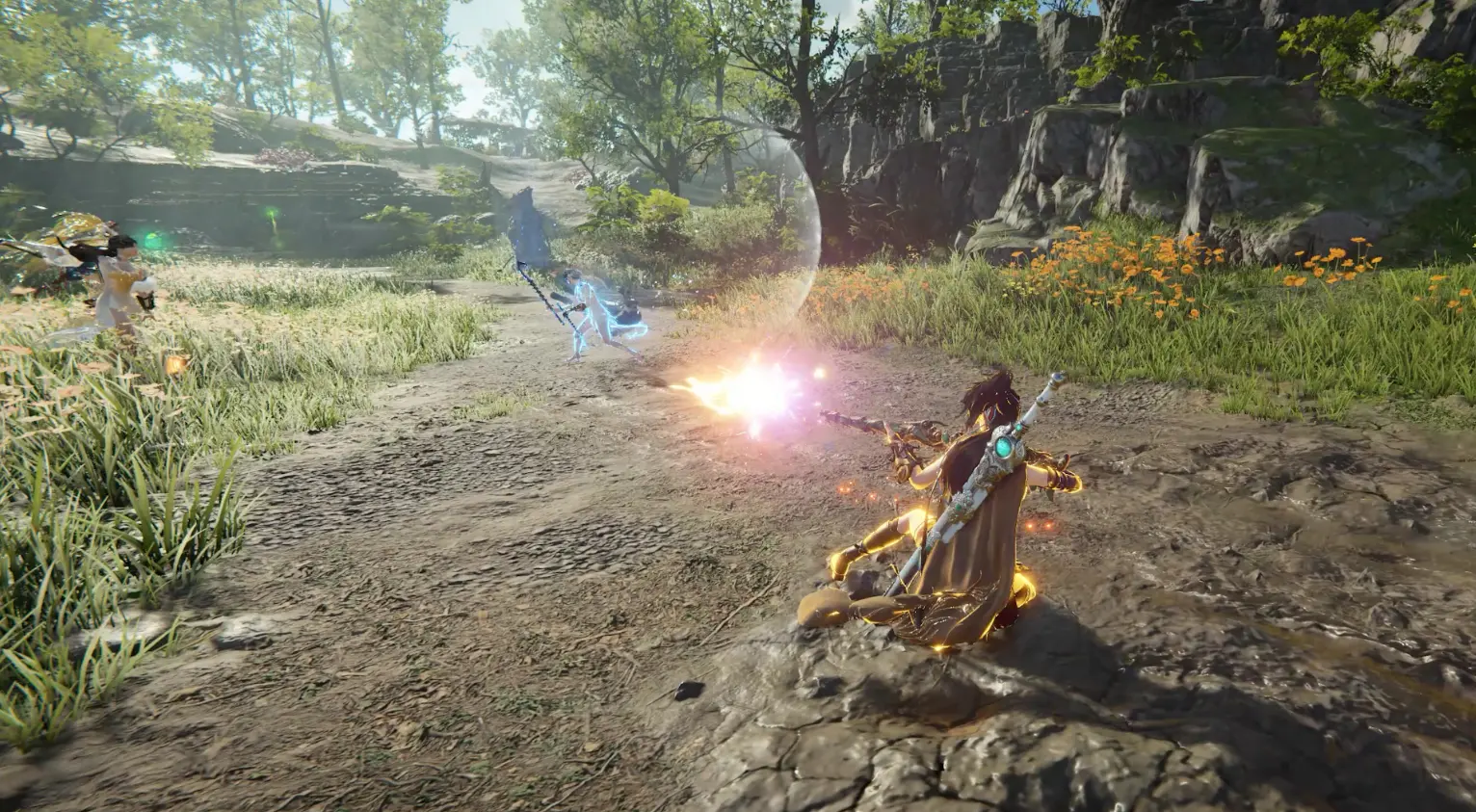
However, the combat mechanics, while fun, have a steep learning curve. Mastering the timing for dodges, parries, and grapples can be daunting, especially when facing skilled players who seem to have memorized every frame of animation. For newcomers, this might feel overwhelming, and the lack of a truly robust tutorial doesn’t help matters.
Balancing is another area where Naraka could improve. Some characters and weapons feel disproportionately powerful, leading to frustrating encounters where skill takes a backseat to meta choices. This is something that could be refined with updates, but for now, it detracts from the overall experience.
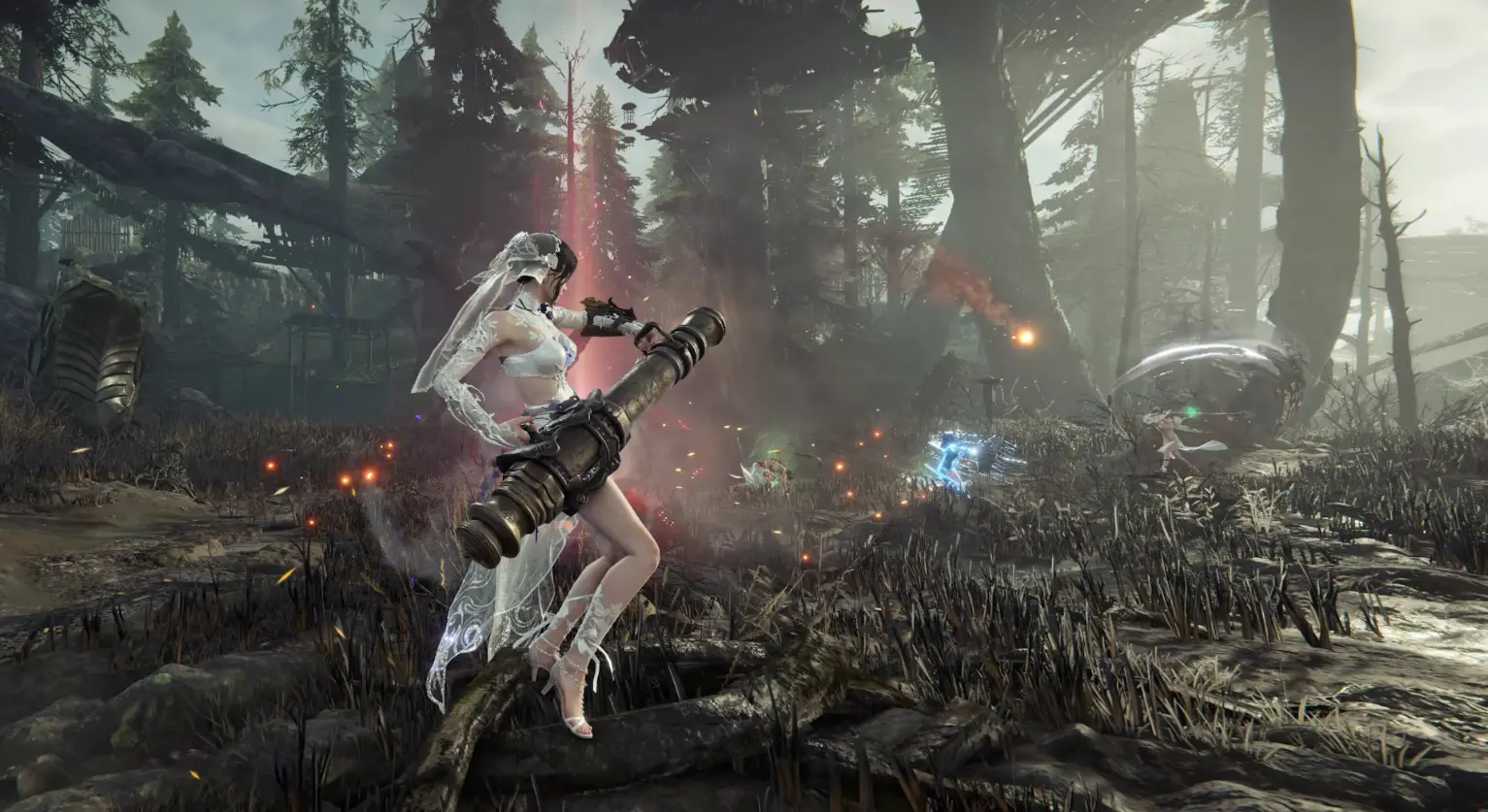

Graphics and World Design
Visually, Naraka: Bladepoint is breathtaking. The maps are a vibrant blend of traditional Chinese architecture and lush natural landscapes. Every corner of the battlefield feels alive, from tranquil bamboo forests to bustling village squares. These settings not only look stunning but also offer tactical advantages high cliffs for sniping, narrow alleyways for ambushes, and open plains for head-to-head duels.
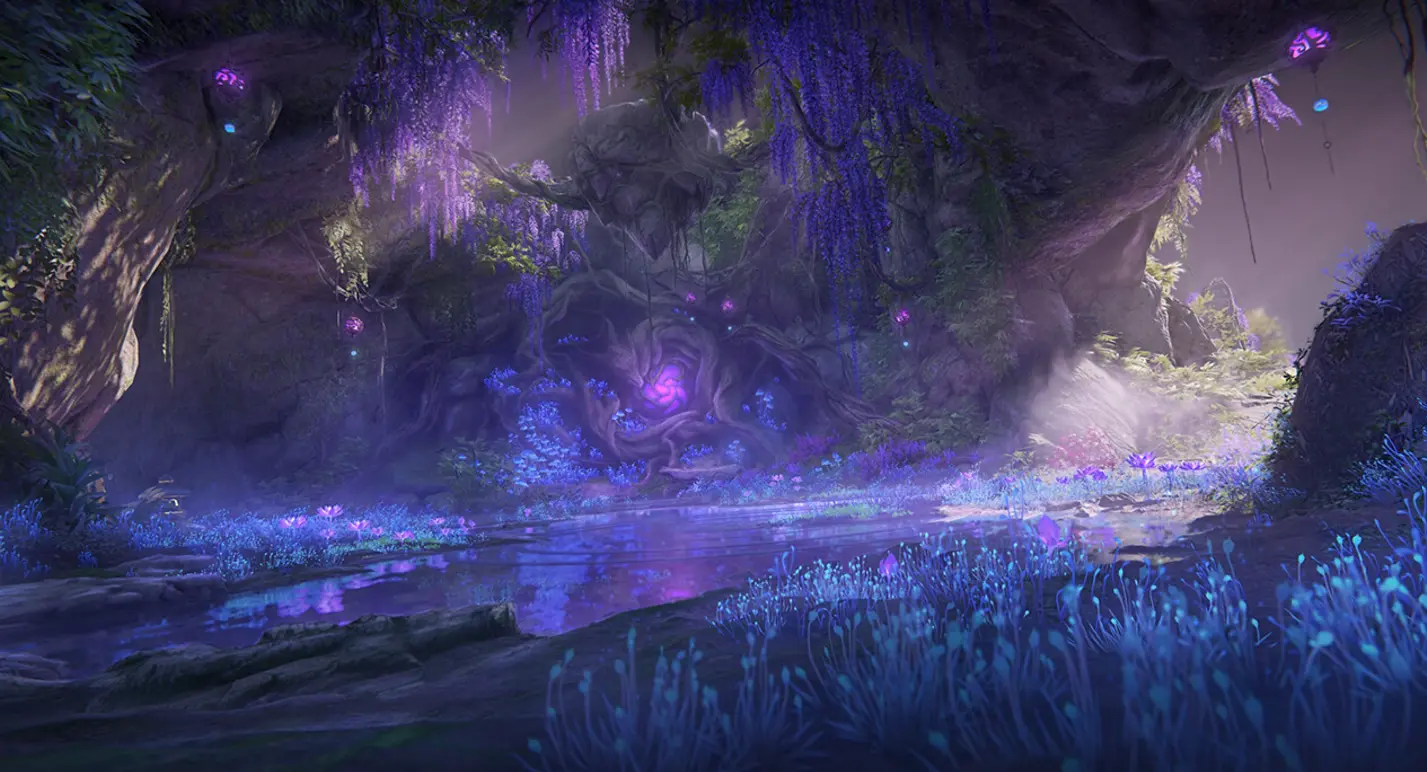
Despite the beauty, the game can feel repetitive after a while. There’s a lack of variety in map rotation, and after several matches, the environments lose some of their charm. More diverse locations or dynamic weather systems could have added much-needed variety to the experience
Monetization and Customization
One area where Naraka falters is its approach to monetization. While the game isn’t strictly pay-to-win, the emphasis on cosmetic microtransactions is noticeable. Customization options for characters are extensive, allowing players to create truly unique warriors. However, many of the cooler skins and accessories are locked behind premium currency, which can feel like a cash grab in a game you already paid for
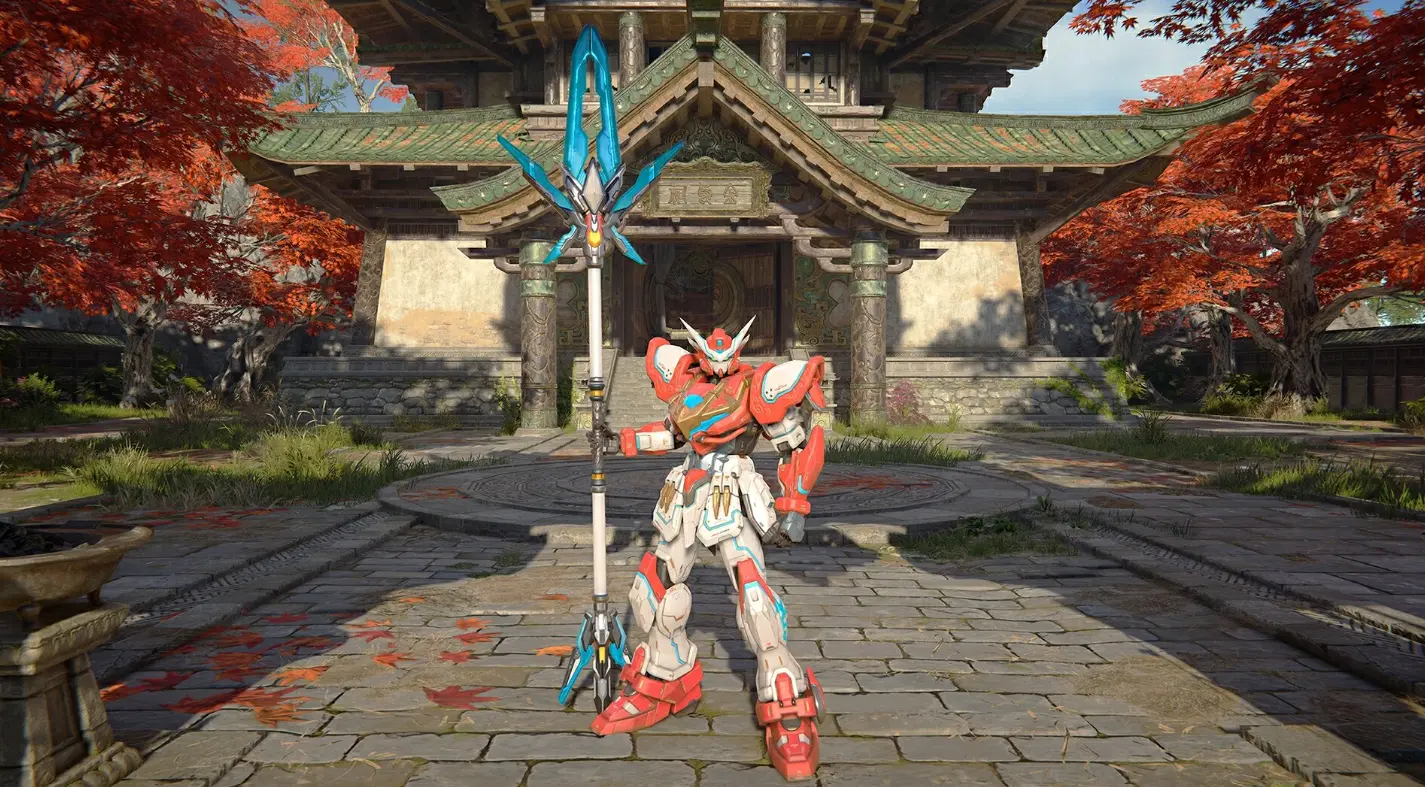
Personal Experience
I genuinely enjoyed my time with Naraka: Bladepoint. The thrill of outmaneuvering opponents and pulling off flashy moves is deeply satisfying. Matches often came down to nail-biting duels that left my heart racing. However, after a dozen hours, the cracks in the experience became harder to ignore. The repetitive nature of matches, uneven balancing, and lack of variety in game modes meant the excitement started to wane.
That said, I still find myself returning for a few rounds every now and then. When Naraka is at its best intense fights, beautiful scenery, and smooth mechanics it’s a joy to play. I just wish those moments were more consistent.
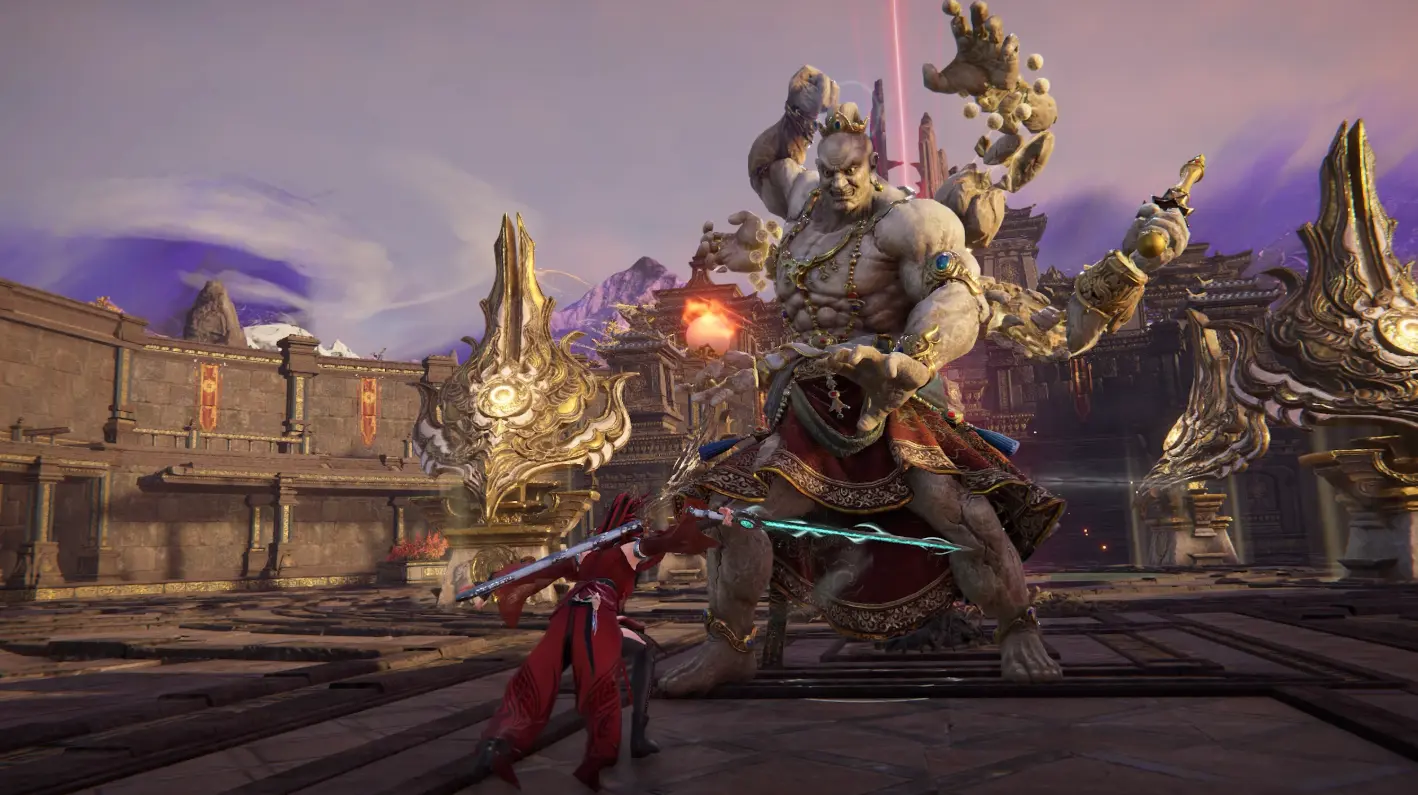

Verdict
Naraka: Bladepoint brings fresh ideas to the battle royale genre, and its focus on melee combat and wuxia-inspired action sets it apart from the crowd. However, the game falls short of reaching its full potential due to balance issues, repetitive elements, and monetization practices.If you’re looking for a unique battle royale experience and are willing to put in the time to master its mechanics, Naraka: Bladepoint is worth a try. But for those seeking a polished, consistently rewarding experience, the game may leave you wishing for more.
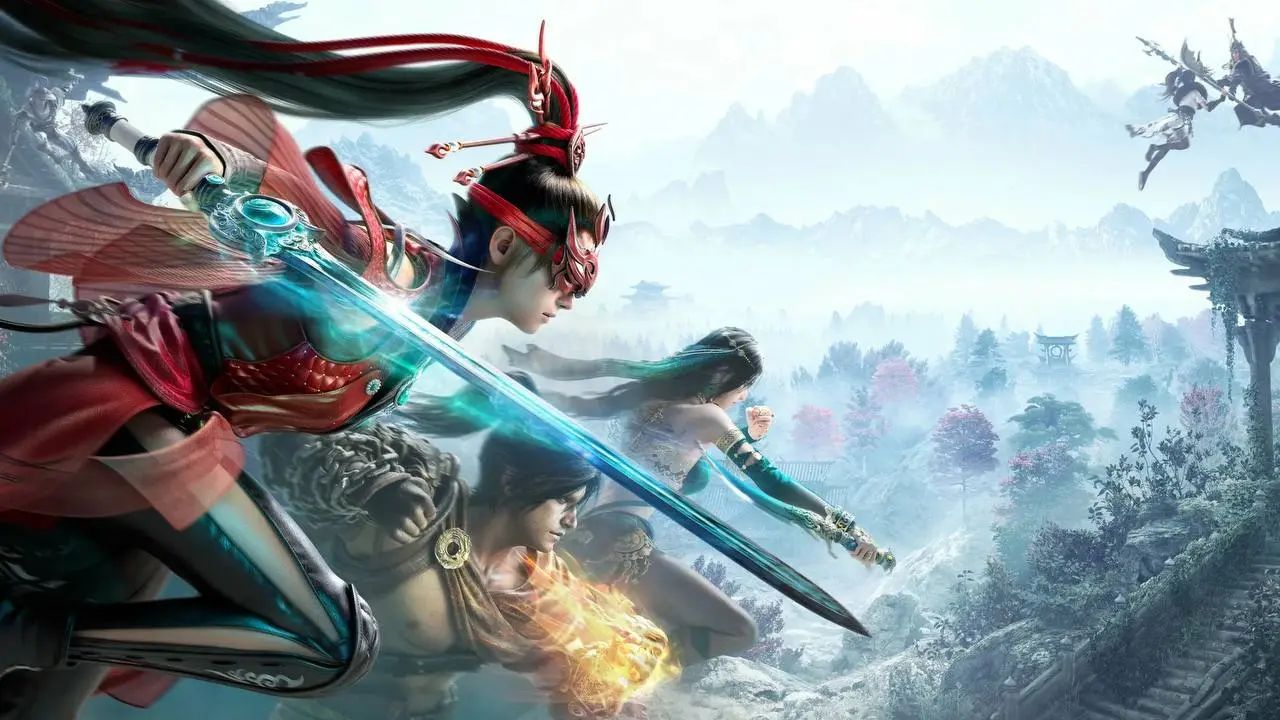
Score: 7/10



Comments